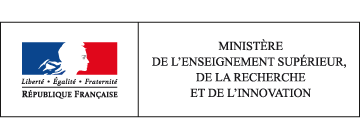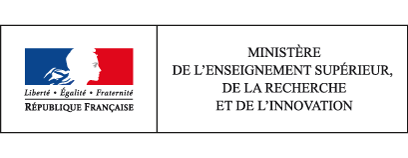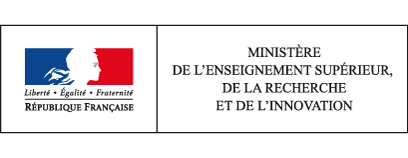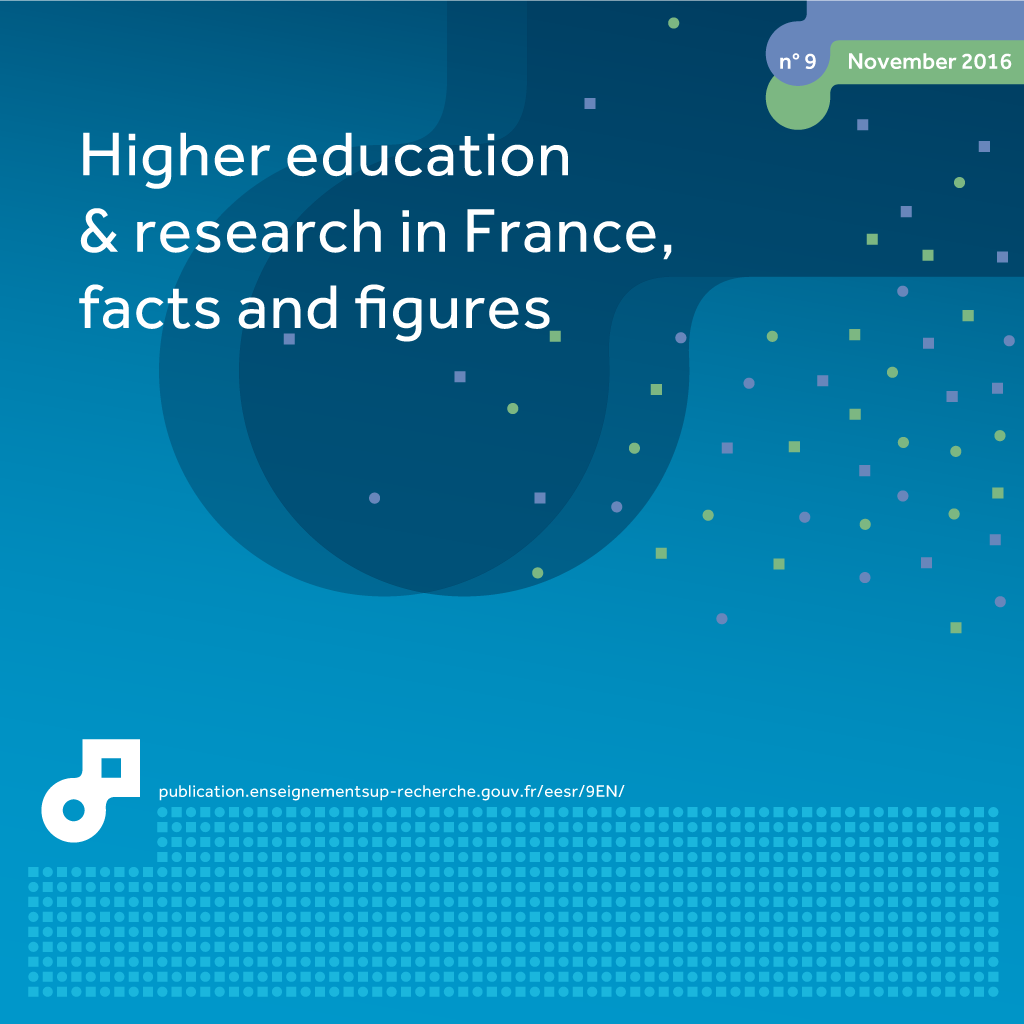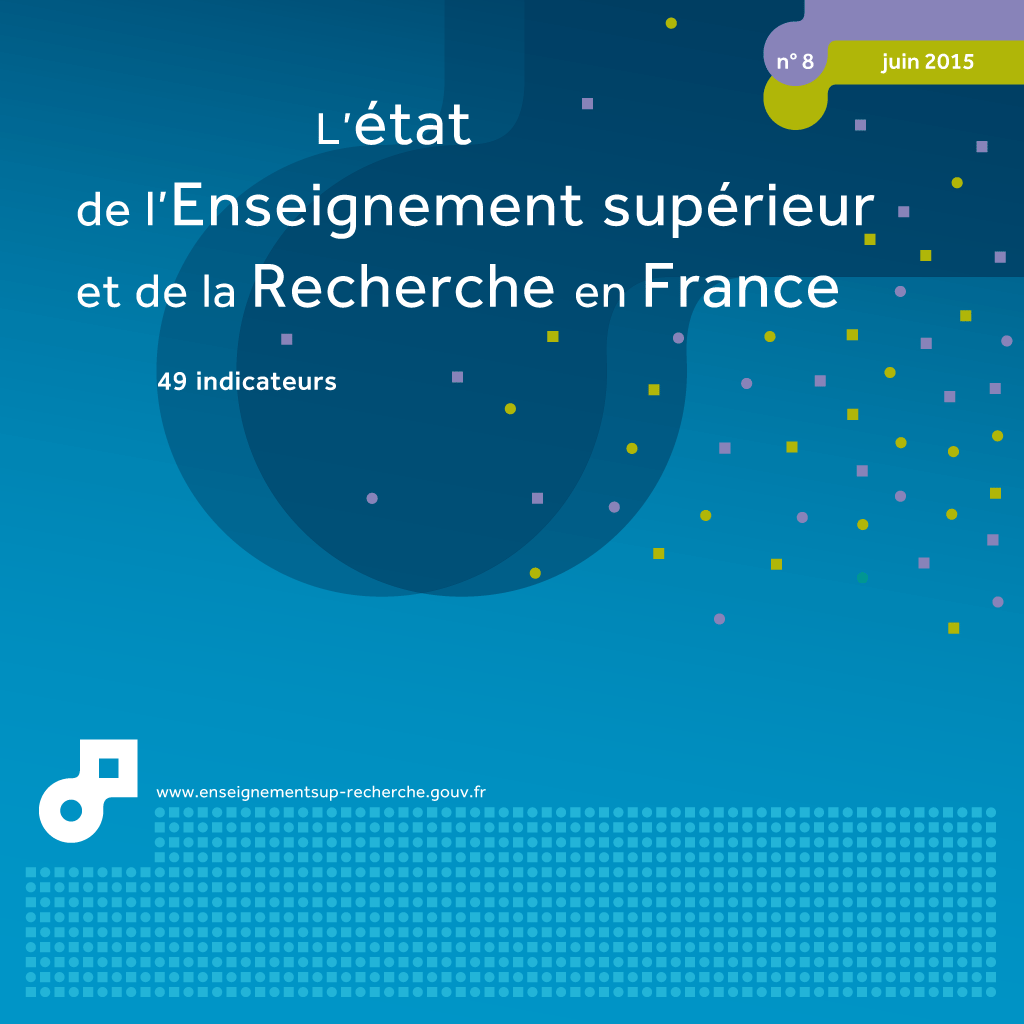37 researchers in business enterprises
This page has been updated. Read 37. researchers in business enterprises in Higher education & research in France, facts and figures 10th edition - June 2017
In 2011, almost 197,000 researchers were involved in R&D activity in business enterprises. This is a young population, with half aged under 38. The proportion of women is still low (20%). The majority of researchers in business enterprises hold an engineering diploma. Only 12% have a PhD. Women are strongly represented in medical and biological sciences.
In France in 2011, 197,000 researchers (physical persons) were carrying out their R&D activity in a business enterprise. The population of researchers in business enterprises is still young and very much male dominated. The median age of these researchers in France is 38, compared with 41 overall for managers in business enterprises that are active in R&D (chart 37.01). Between the ages of 35 and 40, a proportion of researchers in business enterprises change activity and move into other positions, while usually still remaining in the private sector. Researchers aged over 50 represent only 15% of all researchers working in the business enterprise sector.
In 2011, more than half of researchers in business enterprises had graduated from an engineering school (chart 37.02). Those with a PhD represented only 12% of researchers in the private sector. A quarter of these had a PhD in medical sciences. In addition, among PhD graduates working in business enterprises, excluding those with a PhD in medical sciences, 28% obtained their PhD after first obtaining a qualification in an engineering school, which boosts the importance of this sector. Lastly, 16% of researchers in business enterprises held a Master's degree (or Diploma of advanced studies (Diplôme d’études approfondies - DEA)/Specialised graduate diploma (Diplôme d’études supérieures spécialisées - DESS)). By working in research in business enterprises, it is also possible to obtain validation for professional experience: 9% of researchers have a level of study below that of a Bachelor's degree.
Four out of five researchers in business enterprises work in Engineering sciences or Mathematics-Software-Physics (chart 37.03). In contrast, fewer than 3% work in the Social sciences, Earth Sciences or Humanities.
In businesses in the service sector (Audiovisual, Computer science and engineering) half of researchers are under 35, whereas in other sectors where research is geared more towards industry (Manufacture of communication equipment, Agriculture, Manufacture of appliances for measuring and Pharmaceutical industry) the median age is over 41. In the pharmaceutical sector, 46% of researchers hold a PhD, whereas in the Automobile and Aeronautic construction sectors the proportion of PhDs is 4% and 7% respectively.
In 2011, 5% of business enterprise researchers working in France were foreign nationals and practically half of these were from European Union member states.
On average, only one in five researchers are women. However, the rate of feminisation is higher among the younger generations: women represent a quarter of researchers among the under-25s (chart 37.04a and chart 37.04b). This higher feminisation among young researchers in business enterprises (and among the youngest managers in businesses too) is explained by the fact that women are on average two years younger than the men. Compared to their male colleagues, fewer women researchers are engineers (43% compared with 57%) and more hold PhDs (20% compared with 10%). However, this contrast relates to the discipline in which the researchers work, which in turn depends on the sector of the company where research work is mainly carried out, called the company's research sector. 1 In Mathematics-Software-Physics, women researchers represent only 15% of the total. In contrast, women outnumber men in Medical sciences and Biological sciences.
MENESR-DGESIP/DGRI-SIES.
1 For a constant sector structure, the gap between the rate of male and female researchers who hold a PhD is reduced to 3 points in favour of women, instead of the 10 points observed here.
How to cite this paper :
close
Key figures
Whole of France
Whole of France
Whole of France
Whole of France
Whole of France
37.01 Breakdown by age bracket of researchers and managers in business enterprises in 2011 (%)
1 Median age of researchers, 38 years.
2 Median age of managers, 41 years..
Insee
You can embed this chart to your website or your blog by copying the HTML code and pasting it into the source code of your website / blog:
close
37.02 Breakdown by highest qualification and gender of researchers in business enterprises in 2011 (%)
You can embed this chart to your website or your blog by copying the HTML code and pasting it into the source code of your website / blog:
close
37.03 Breakdown of researchers in business enterprises according to their field of research and proportion of women per subject area in 2011 (%)
1 Electrical engineering, electronics, computer sciences, automation, signal processing, photonics, optronics.
2 Civil engineering, mechanics, materials engineering, acoustics, fluid mechanics, thermal physics, energy, process engineering.
3 Women accounted for 19.6% of researchers in business enterprises in 2011.
You can embed this chart to your website or your blog by copying the HTML code and pasting it into the source code of your website / blog:
close
37.04a Age pyramid for researchers in business enterprises in 2011
You can embed this chart to your website or your blog by copying the HTML code and pasting it into the source code of your website / blog:
close
37.04b Share of women according to age among researchers in business enterprises in 2011 (%)
You can embed this chart to your website or your blog by copying the HTML code and pasting it into the source code of your website / blog:
close
Related statistical publications

 Note d'information SIES 14.04 - Researchers in business enterprises in 2011 - Laurent Perrain - July 2014
Note d'information SIES 14.04 - Researchers in business enterprises in 2011 - Laurent Perrain - July 2014 While the population of researchers increased significantly, the number of supporting staff decreased, as did the overhead allocated to research.
As a result, the 'global' cost of a researcher (measured as the ratio of intramural business enterprise R&D expenditure to number of researchers) decreased substantially over the decade, mainly due to the drop in the level of support from supporting staff.
The research population in business enterprises remained young, with most being trained in engineering schools. There were fewer women (one in five researchers).

 Note d'information SIES 11.05 - Researchers in business enterprises - Laurent Perrain - April 2011
Note d'information SIES 11.05 - Researchers in business enterprises - Laurent Perrain - April 2011 
 Note recherche 04.01 - Les chercheurs étrangers dans les organismes publics de recherche et dans les entreprises françaises - Collectif - February 2004
Note recherche 04.01 - Les chercheurs étrangers dans les organismes publics de recherche et dans les entreprises françaises - Collectif - February 2004 
 Note d'information DEPP 00.10 - Les chercheurs en entreprises - Evolution sur longue période et situation en 1997 - Yves Jacquin, Alain Lacourege - March 2000
Note d'information DEPP 00.10 - Les chercheurs en entreprises - Evolution sur longue période et situation en 1997 - Yves Jacquin, Alain Lacourege - March 2000 Translation
 Etat de l'enseignement supérieur et de la rechercheL'état de l'Enseignement supérieur et de la Recherche en France n°8 - juin 2015
Etat de l'enseignement supérieur et de la rechercheL'état de l'Enseignement supérieur et de la Recherche en France n°8 - juin 201537 - les chercheurs en entreprises - Laurent Perrain
